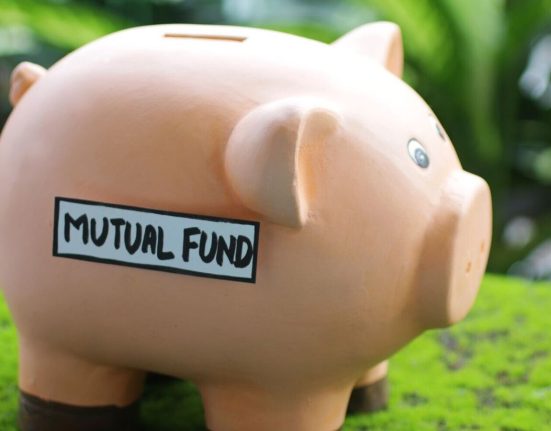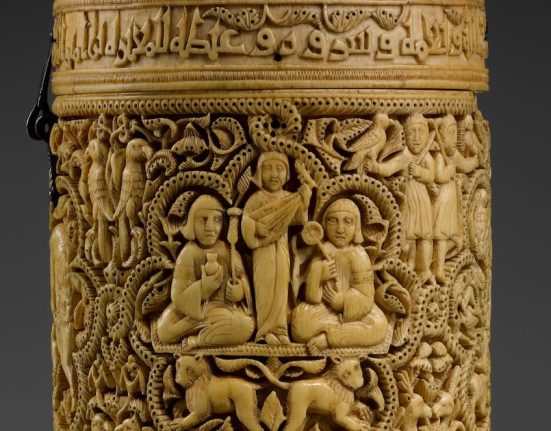Key Insights
- The considerable ownership by individual investors in Cassava Sciences indicates that they collectively have a greater say in management and business strategy
- 36% of the business is held by the top 25 shareholders
- 32% of Cassava Sciences is held by Institutions
Every investor in Cassava Sciences, Inc. (NASDAQ:SAVA) should be aware of the most powerful shareholder groups. The group holding the most number of shares in the company, around 59% to be precise, is individual investors. Put another way, the group faces the maximum upside potential (or downside risk).
While institutions, who own 32% shares weren’t spared from last week’s US$176m market cap drop, individual investors as a group suffered the maximum losses
Let’s take a closer look to see what the different types of shareholders can tell us about Cassava Sciences.
See our latest analysis for Cassava Sciences
What Does The Institutional Ownership Tell Us About Cassava Sciences?
Institutions typically measure themselves against a benchmark when reporting to their own investors, so they often become more enthusiastic about a stock once it’s included in a major index. We would expect most companies to have some institutions on the register, especially if they are growing.
As you can see, institutional investors have a fair amount of stake in Cassava Sciences. This can indicate that the company has a certain degree of credibility in the investment community. However, it is best to be wary of relying on the supposed validation that comes with institutional investors. They too, get it wrong sometimes. If multiple institutions change their view on a stock at the same time, you could see the share price drop fast. It’s therefore worth looking at Cassava Sciences’ earnings history below. Of course, the future is what really matters.
We note that hedge funds don’t have a meaningful investment in Cassava Sciences. Looking at our data, we can see that the largest shareholder is BlackRock, Inc. with 7.0% of shares outstanding. For context, the second largest shareholder holds about 5.8% of the shares outstanding, followed by an ownership of 5.4% by the third-largest shareholder. Remi Barbier, who is the second-largest shareholder, also happens to hold the title of Chief Executive Officer.
A deeper look at our ownership data shows that the top 25 shareholders collectively hold less than half of the register, suggesting a large group of small holders where no single shareholder has a majority.
Researching institutional ownership is a good way to gauge and filter a stock’s expected performance. The same can be achieved by studying analyst sentiments. There is some analyst coverage of the stock, but it could still become more well known, with time.
Insider Ownership Of Cassava Sciences
The definition of an insider can differ slightly between different countries, but members of the board of directors always count. Management ultimately answers to the board. However, it is not uncommon for managers to be executive board members, especially if they are a founder or the CEO.
Most consider insider ownership a positive because it can indicate the board is well aligned with other shareholders. However, on some occasions too much power is concentrated within this group.
We can report that insiders do own shares in Cassava Sciences, Inc.. In their own names, insiders own US$72m worth of stock in the US$797m company. It is good to see some investment by insiders, but it might be worth checking if those insiders have been buying.
General Public Ownership
The general public, who are usually individual investors, hold a substantial 59% stake in Cassava Sciences, suggesting it is a fairly popular stock. This size of ownership gives investors from the general public some collective power. They can and probably do influence decisions on executive compensation, dividend policies and proposed business acquisitions.
Next Steps:
It’s always worth thinking about the different groups who own shares in a company. But to understand Cassava Sciences better, we need to consider many other factors. Take risks for example – Cassava Sciences has 2 warning signs (and 1 which is potentially serious) we think you should know about.
If you are like me, you may want to think about whether this company will grow or shrink. Luckily, you can check this free report showing analyst forecasts for its future.
NB: Figures in this article are calculated using data from the last twelve months, which refer to the 12-month period ending on the last date of the month the financial statement is dated. This may not be consistent with full year annual report figures.
Valuation is complex, but we’re helping make it simple.
Find out whether Cassava Sciences is potentially over or undervalued by checking out our comprehensive analysis, which includes fair value estimates, risks and warnings, dividends, insider transactions and financial health.
Have feedback on this article? Concerned about the content? Get in touch with us directly. Alternatively, email editorial-team (at) simplywallst.com.
This article by Simply Wall St is general in nature. We provide commentary based on historical data and analyst forecasts only using an unbiased methodology and our articles are not intended to be financial advice. It does not constitute a recommendation to buy or sell any stock, and does not take account of your objectives, or your financial situation. We aim to bring you long-term focused analysis driven by fundamental data. Note that our analysis may not factor in the latest price-sensitive company announcements or qualitative material. Simply Wall St has no position in any stocks mentioned.






